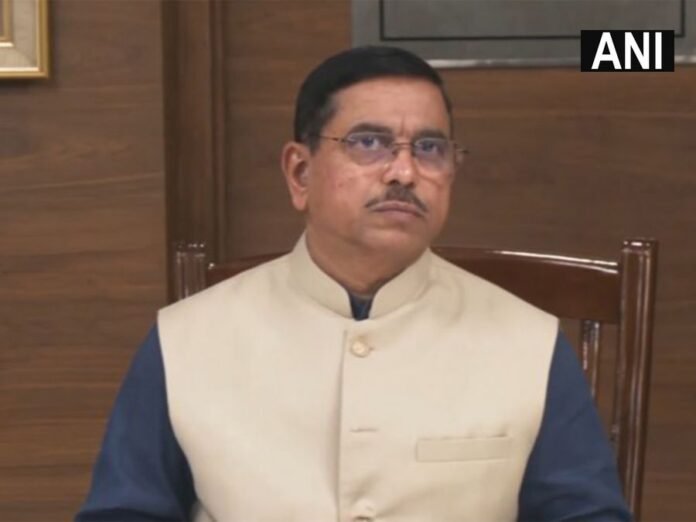India is charging ahead in the renewable energy race, with Union Minister Pralhad Joshi announcing that the country is on track to hit its bold goal of producing 5 million metric tonnes of green hydrogen by 2030. Speaking at the Panchjanya Infra Confluence 2025 in New Delhi, Joshi highlighted how Prime Minister Narendra Modi pushes for challenging targets that drive real progress.
“PM Modi doesn’t go for easy wins—he sets goals that make us work harder,” Joshi said. “In renewable energy, he’s aimed high, and we’ve already crossed 50% of the way there.” This comes as India celebrates a major milestone: achieving 50% of its installed electricity capacity from non-fossil fuel sources, five years ahead of schedule under the Paris Agreement’s Nationally Determined Contributions (NDCs).
The National Green Hydrogen Mission (NGHM), kicked off in 2023 with a whopping Rs 19,744 crore budget, is at the heart of this green push. It focuses on four key areas: building strong policies and regulations, boosting demand for green hydrogen, fueling research and development, and creating the right infrastructure. The mission’s big dreams include 5 million metric tonnes of annual green hydrogen production by 2030, adding 125 GW of new renewable energy capacity, attracting Rs 8 lakh crore in investments, generating 6 lakh jobs, and cutting 50 million tonnes of CO₂ emissions every year.
To make India a global leader in green hydrogen exports, the government is setting up dedicated hydrogen hubs at ports like Kandla, Paradip, and Tuticorin. Big players such as NTPC, Reliance, and Indian Oil Corporation (IOCL), along with startups and MSMEs, are pouring money into the sector. This is building a strong green hydrogen value chain and creating thousands of jobs.
Joshi, who serves as Union Minister for New and Renewable Energy, Consumer Affairs, Food and Public Distribution, also shared updates on food security. The government distributes 44 lakh tonnes of foodgrains monthly to 81 crore eligible people, ensuring no one goes hungry.
India’s journey toward 500 GW of non-fossil fuel capacity by 2030 and net-zero emissions by 2070 shows its commitment to sustainable development. With innovation and bold steps, the country is turning green energy ambitions into reality.
Stay informed on all the latest news, real-time breaking news updates, and follow all the important headlines in world News on Latest NewsX. Follow us on social media Facebook, Twitter(X), Gettr and subscribe our Youtube Channel.



